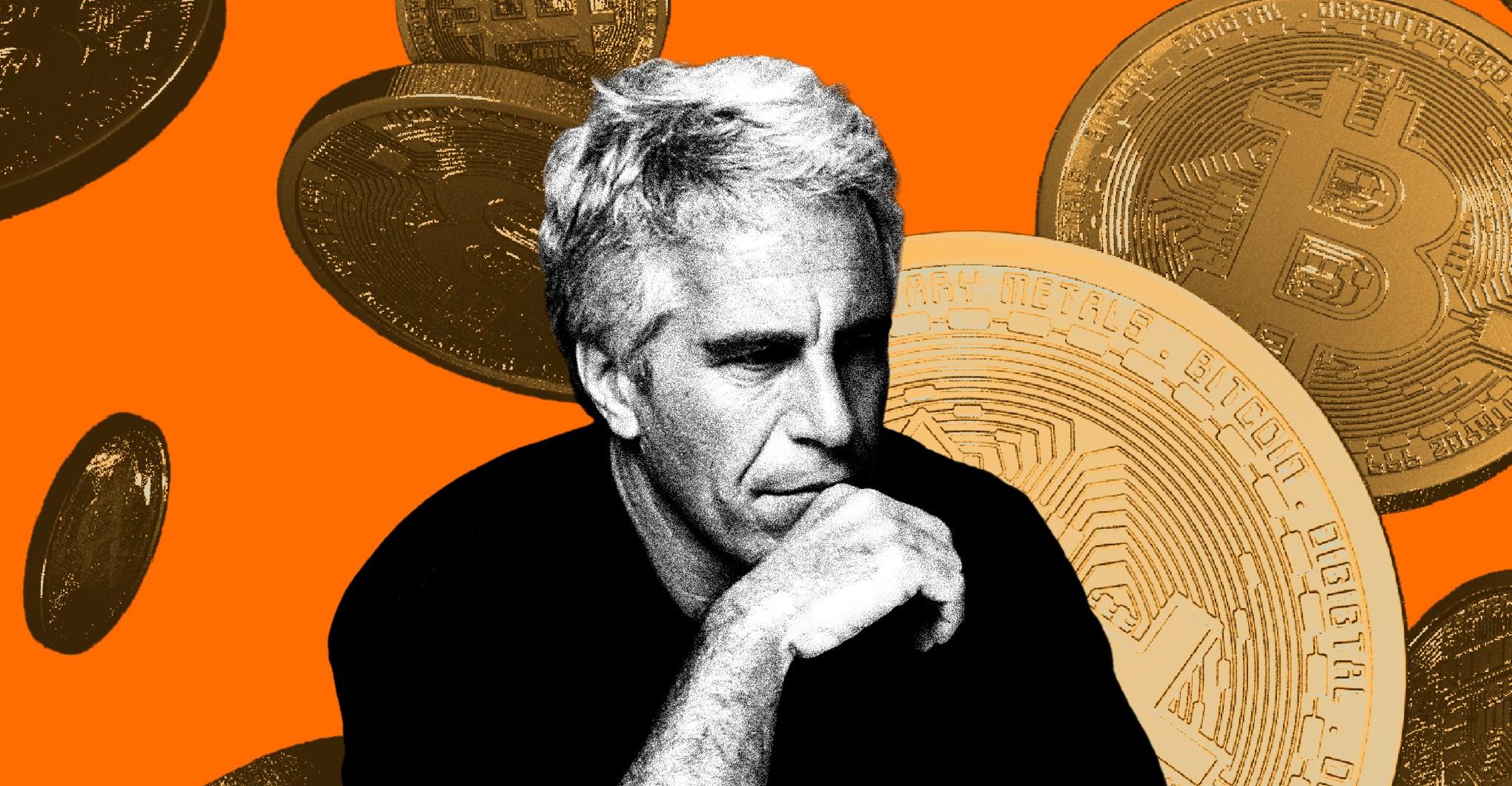Starting this week, thousands of people will descend on the Colombian city of Cali for an important meeting you may have never heard of: COP16. This event is a big deal. Commonly known as the UN biodiversity summit, COP16 is a meeting of government official…

Published ایک سال قبل on اکتوبر 24 2024، 12:00 شام
By Web Desk

Starting this week, thousands of people will descend on the Colombian city of Cali for an important meeting you may have never heard of: COP16.
This event is a big deal.
Commonly known as the UN biodiversity summit, COP16 is a meeting of government officials from around the world — likely including some heads of state — to figure out how to stop ecological collapse. COP, which stands for “conference of the parties,” brings together environmental leaders and officials from countries that are part of the Convention on Biological Diversity, a global treaty under the UN to conserve nature. They meet every other year to push forward a conservation agenda.
The last summit, known as COP15, was arguably much more important. During the event, held in 2022, nearly all countries of the world agreed on a groundbreaking new deal to halt biodiversity loss by 2030. The deal has 23 targets, including conserving at least 30 percent of land and oceans and reducing annual subsidies that harm ecosystems by at least $500 billion. Experts hailed it as the Paris agreement for nature, the global treaty to combat climate change.
COP16, which runs from October 21 through November 1, won’t have the same sort of flashy outcome. Yet it’s a critical moment as countries assess their progress toward the 23 targets and hold each other accountable.
Spoiler: They’re way off track.
A new report, for example, found that less than 3 percent of the ocean is effectively protected from harmful activities, like overfishing. Subsidies that harm nature have only ballooned in recent years, reaching into the trillions of dollars. What’s more is that many countries have failed to meet a deadline to submit plans for how they aim to achieve the objectives of the nature deal, known as the global biodiversity framework, within their own borders.
Beyond serving as a formal check-in, COP16 will center on a few major issues. To understand the biggest stakes of these negotiations, we’ve compiled our reporting below.
Inside the extremely messy, profoundly confusing fight over who should profit from DNA
One of the major issues to take center stage at this month’s negotiations is how best to manage DNA from plants and animals that’s found in online databases. This genetic data, referred to as digital sequence information, or DSI, is used by a range of companies to create products such as vaccines and drought-tolerant crops.
We explain this thorny issue here.
[Image: A sea squirts colony. https://platform.vox.com/wp-content/uploads/sites/2/2024/09/GettyImages-883204826.jpg?quality=90&strip=all]
The global plan to save nature has a $700 billion hole
In Cali, global leaders will be discussing how to address a major funding gap and how to raise funds needed for critical conservation. Negotiations will focus on what role governments and the private sector — companies and investors — will need to play. Read our coverage on this here.
[Image: A group of egrets at Qiandao Lake in Hangzhou, Zhejiang province of China. https://platform.vox.com/wp-content/uploads/sites/2/2024/10/GettyImages-2177771138.jpg?quality=90&strip=all]
A new report reveals “catastrophic” declines of animals worldwide — but is it accurate?
Another major part of this year’s summit will be a discussion about how to monitor progress toward achieving the 23 targets in the global monitoring framework. This includes figuring out what data to use to check if the world has, say, actually conserved 30 percent of all land.
Read Vox’s story about one of the indicators, the Living Planet Index, here.
[Image: https://platform.vox.com/wp-content/uploads/sites/2/2024/10/BenjiJones_Vox_GettyImages-630005444.png?quality=90&strip=all]
Why the US won’t join the single most important treaty to protect nature
One important piece of context to keep in mind is that although the US helped negotiate the Convention on Biological Diversity — the treaty under which COP16 takes place — it’s not a formal member of the agreement. In fact, the US is the only country, other than the Vatican, that’s not party to the Convention.
I wrote about what that means here.
[Image: Then-President George H.W. Bush addresses the 15th planetary session of the UN-sponsored Earth Summit on June 12, 1992 in Rio de Janeiro. https://platform.vox.com/wp-content/uploads/sites/2/chorus/uploads/chorus_asset/file/22523370/GettyImages_1206441368.jpg?quality=90&strip=all]
Reach out! Next week I’ll be in Colombia following these major themes. If you have feedback or ideas for our coverage, please get in touch.

What does “America First” even mean anymore?
- a day ago
Apple launches new generation of MacBook laptops starting at $1,099
- a day ago

Do you need to know who you’d be without antidepressants?
- 20 hours ago
Iran Guards say launched more than 40 missiles at US, Israeli targets
- 11 hours ago

PM takes parliamentary leaders into confidence regarding Pak-Afghan situation
- 11 hours ago
Global oil and gas shipping costs surge as Iran vows to close Strait of Hormuz
- a day ago

The Galaxy S26 is a photography nightmare
- 13 hours ago

The Supreme Court appears likely to let stoners own guns
- 20 hours ago
New Zealand beat South Africa to reach T20 World Cup final
- 5 hours ago

Jeffrey Epstein saw promise in Bitcoin — and its far-right supporters
- 13 hours ago
Iran war enters fourth day in 'smoke and blood' as markets slide
- a day ago
Iran postpones state funeral for Khamenei: state TV
- 8 hours ago
You May Like
Trending








